Nature reports
Category: Climate
Page 11 of 12 - 113 Results

Nature could cost-effectively deliver over a third of greenhouse gas emissions reductions required to prevent dangerous levels of global warming. This is equivalent to a complete stop to the burning of oil, worldwide...
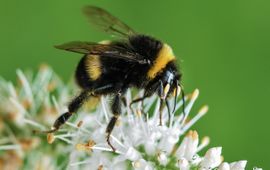
New research from a team of Florida State University scientists and their collaborators is helping to explain the link between a changing global climate and a dramatic decline in bumble bee populations worldwide. ..

Ecosystems can suddenly collapse when the pressure becomes too high. For this reason, predicting such tipping points is very important. An international team of researchers now shows that when the recovery of salt marshes slows..
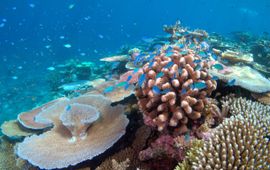
The future of the world’s coral reefs hangs in the balance, but it is not too late to save them, according to a major study published in the prestigious journal, Nature...

If only trees could talk… Well they can now. A thirty-something-year-old poplar tree on the campus of Wageningen University & Research is currently tweeting about how it deals with hot, dry days without enough water, and the..
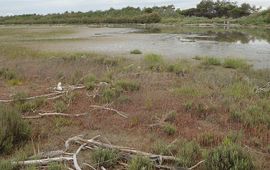
Salt marshes along the Mediterranean coast are important habitat for fish and birds and these ecosystems store CO2 and help protect coasts against increasingly stronger waves and sea level rise. However, the dominant robust..
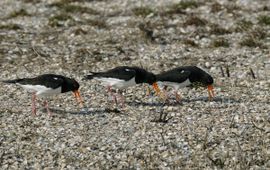
An oystercatcher nest is washed away in a storm surge. Australian passerine birds die during a heatwave. A late frost in their breeding area kills off a group of American cliff swallows. Small tragedies that may seem unrelated,..

The breeding grounds of Arctic migratory birds such as the barnacle goose are changing rapidly due to accelerated warming in the polar regions. They won't be able to keep up with the changes unless they can somehow anticipate..
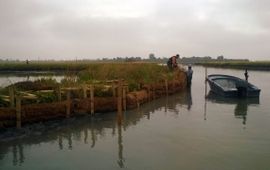
In the past 100 years 72% of the salt marshes of the lagoon of Venice was lost due to erosion. The EU LIFE VIMINE project successfully reduced erosion by creating biodegradable barriers of wooden fascines. Long-term protection is..
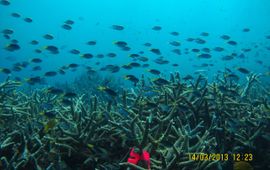
If the world continues with 'business as usual' CO2 emissions important reef building corals will suffer significantly by 2050 and die off by 2100. Increased CO2 makes some algae produce more potent chemicals that suppress or kill..
